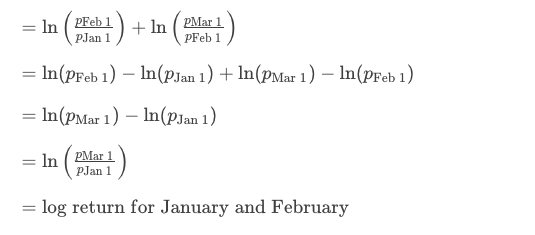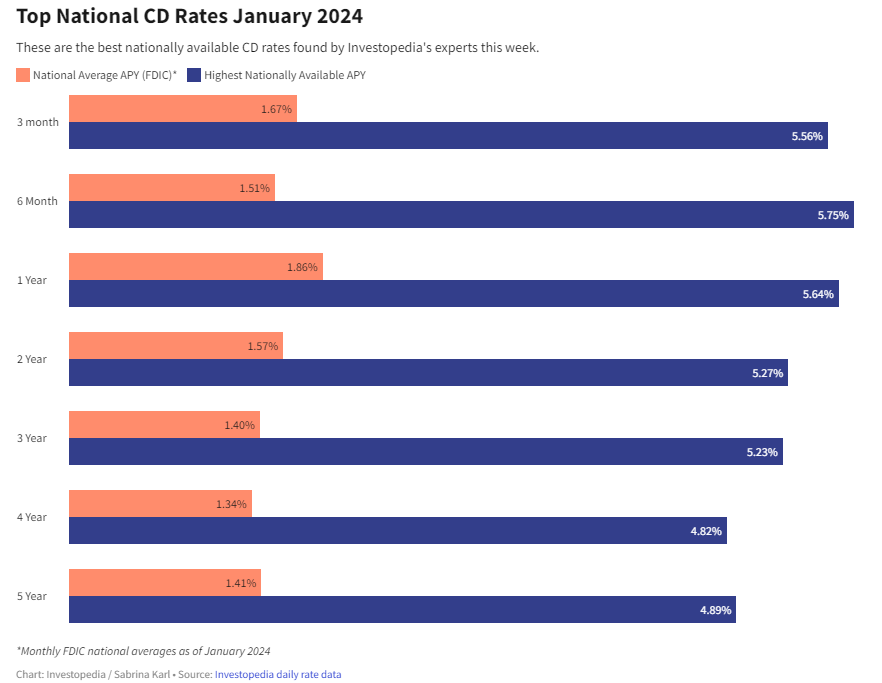Japanese Market Sharply Lower; Down 600 Points
(RTTNews) - Dragged by the broadly negative cues from Wall Street overnight, Japanese shares are sharply lower on Thursday after gaining for the two straight sessions. The Nikkei 225 Index is falling below the 30,700 level, with weakness across most sectors led by index heavyweights and technology stocks.
The benchmark Nikkei 225 Index is down 606.32 points or 1.94 percent to 30,663.60, after hitting a low of 30,658.96 earlier. Japanese stocks closed significantly higher on Wednesday.
Market heavyweight SoftBank Group is losing more than 4 percent and uniqlo operator Fast Retailing is declining almost 2 percent. Among automakers, Toyota is losing almost 2 percent and Honda is down more than 1 percent.
In the tech space, Advantest is losing almost 6 percent, Tokyo Electron is down more than 4 percent and Screen Holdings is declining almost 4 percent.
In the banking sector, Mitsubishi UFJ Financial and Sumitomo Mitsui Financial are edging up 0.1 to 0.2 percent each, while Mizuho Financial is edging down 0.2 percent.
Among the major exporters, Canon and Mitsubishi Electric are edging down 0.2 to 0.3 percent each, while Sony is losing almost 2 percent and Panasonic is declining almost 1 percent.
Among other major losers, Sumco and Renesas Electronics are losing almost 4 percent each, while Mitsui Fudosan, Mercari and Nidec are down more than 3 percent each. Hoya, Mitsubishi Heavy Industries, Fujikura, Dentsu Group and Nikon are declining almost 3 percent each.
Conversely, there are no other major gainers.
In economic news, producer prices in Japan were up 2.1 percent on year in September, the Bank of Japan said on Thursday - unchanged from the August reading and topping expectations for an increase of 2.0 percent. On a monthly basis, producer prices rose 0.1 percent - unchanged an in line with forecasts. Excluding international transportation, producer prices rose 0.2 percent on month and 2.3 percent on year.
In the currency market, the U.S. dollar is trading in the lower 150 yen-range on Thursday.
On Wall Street, stocks managed to finish Tuesday's session mostly higher but showed a substantial move back to the downside during trading on Wednesday. The tech-heavy Nasdaq led the pullback, plunging to a five-month closing low.
The Nasdaq tumbled 318.65 points or 2.4 percent to 12,821.22, reflecting its worst day since February. The S&P 500 also slumped 60.91 points or 1.4 percent to 4,186.77, its lowest closing level in almost five months, while the narrower Dow fell 105.45 points or 0.3 percent to 33,035.93.
Personal finance book recommendations
Personal Finance Book RecommendationsAs a professional financial advisor, I am often asked for recommendations on books that can help individuals gain a better understanding of personal finance. It is no secret that managing money effectively is a crucial skill that can greatly impact one'
How is the interest on bank deposits calculated?
Interest is the amount of money that a bank pays you for keeping your money in a deposit account, such as a savings account, a fixed deposit, or a certificate of deposit. Interest is also the amount of money that you pay to a bank for borrowing money from them, such as a loan or a credit card.
How to Double Your Money with the Best CD Rates for January 2024
If you are looking for a safe and reliable way to grow your savings, you might want to consider opening a certificate of deposit (CD) account. A CD is a type of deposit account that offers a fixed interest rate for a specified term, usually ranging from a few months to several years. Unlike a regula
How to buy the right personal financial products
Personal financial products are tools that help you manage your money, save for the future, and achieve your financial goals. They include things like bank accounts, credit cards, loans, insurance, investments, and retirement plans. However, not all personal financial products are create








